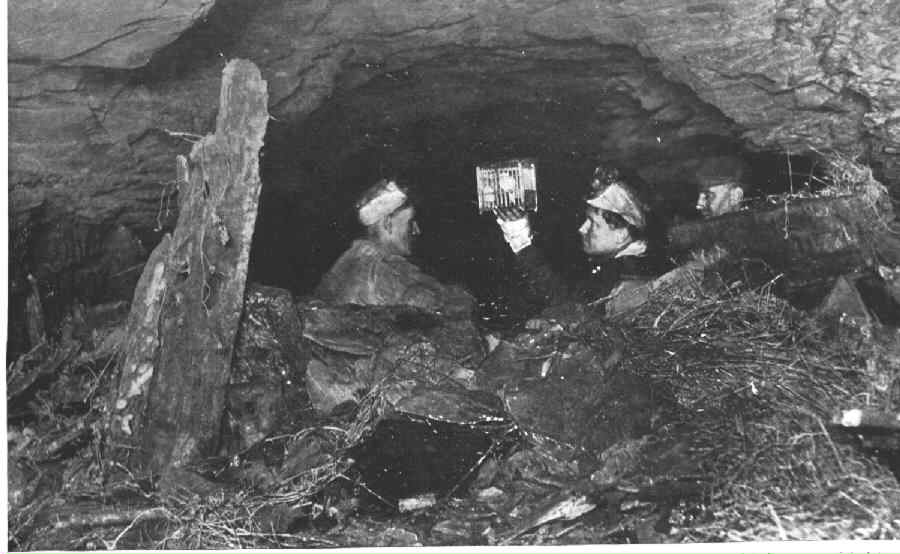The Canary in the Coal Mine and Leaving Dysfunctional Groups

The expression "canary in a coal mine" originates from coal miners using canaries as a kind of early warning system. The miners would take the birds into the mine and periodically check-in on their status. The delicate canaries were more susceptible to gases like carbon monoxide, so if they suddenly stopped moving, miners would be alerted of dangerous air conditions.
Hence, the expression "canary in a coal mine" is an idiomatic way of talking about events that portend negative things to come.
Dysfunctional Families, Groups, and Organizations
A psychiatrist friend observed that with (truly) dysfunctional families, it's the healthy members who leave.
Here's the implied theory. If you are a healthy and functioning human being, there's only so much dysfunction you can tolerate before you have to get out of that relationship.
I think you can take the idea further.
Let's assume this is you. You're in a dysfunctional family. Maybe you fight it or try to fix it. Maybe you're successful. Maybe not. Eventually one of three things is going to happen.
- You're going to succumb to the dysfunction and change to conform to the family norm.
- You're going to reject it and leave the family.
- The family is going to reject you.
These dynamics are not limited to families. They extend to just about any group or organization.
But it's not easy to leave.
Leaving a dysfunctional group means we can't ignore the ugly bits that have been, to some degree, a part of our identity. After all, we chose to be a part of that group (exception: family). The individuals in that group are, in a way, mirrors of us. If the group is dysfunctional are we similarly broken? While I don't think that necessarily follows, it's not fun to ask these questions.
Leaving is hard because it's a decision riddled with self-doubt. It means making judgments about ourselves and people we care about. It's made even harder because very often the individuals in these groups are good; perhaps they're just caught up in the cage. We have real empathy for these friends.
Breaking free of the cage and leaving is hard.
It's that hardness that makes leaving such a powerful signal that something might not be right.
Perhaps leavers are the canaries in the coal mine.
